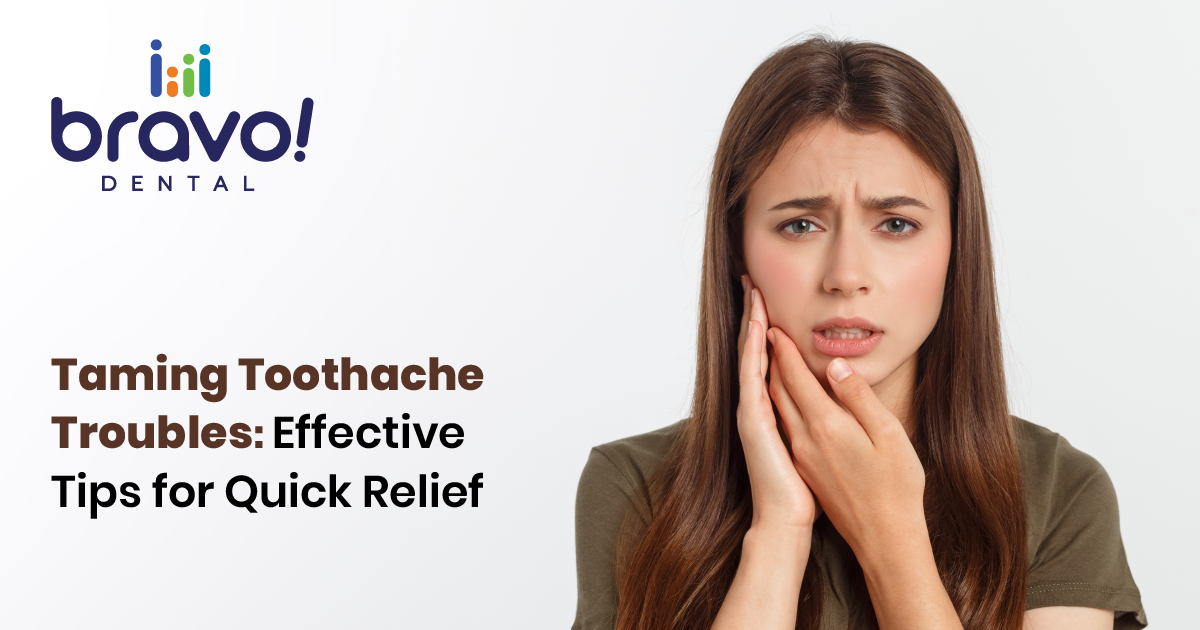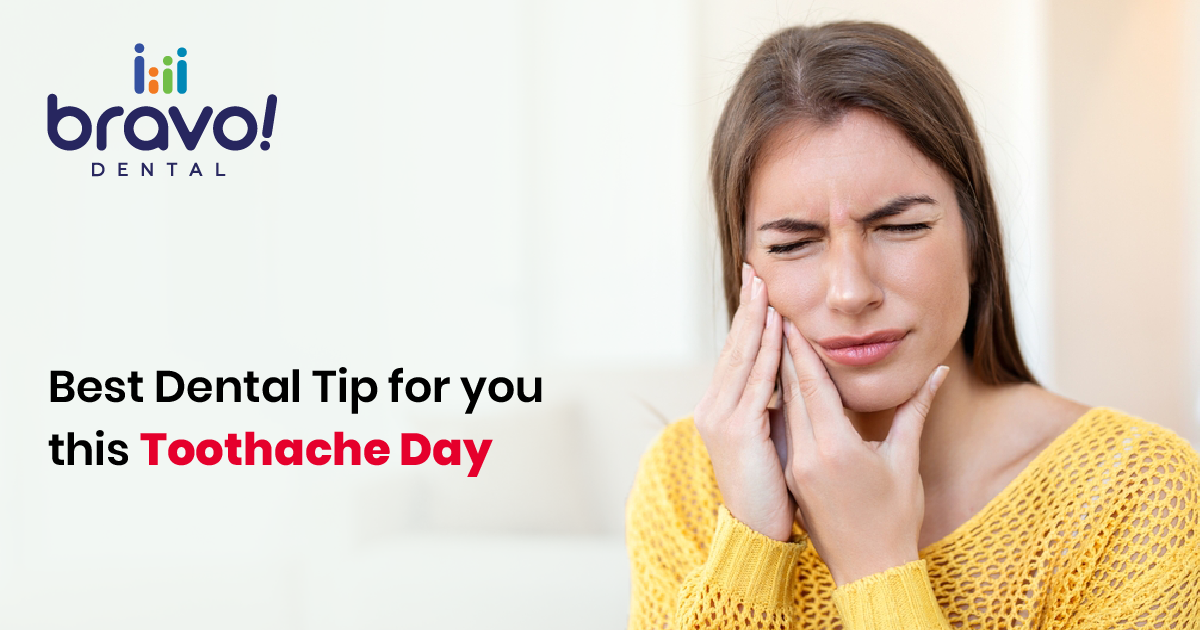Dealing with a toothache can be an excruciating experience, disrupting your daily routine and causing significant discomfort. Whether it’s a dull ache or a sharp pain, finding ways to alleviate the agony is a top priority.
In this blog, we’ll explore some practical tips to help you tame toothache troubles and find relief until you can seek professional dental care.
Immediate Relief Strategies
Saltwater Rinse
One of the simplest yet effective remedies is a saltwater rinse. Mix half a teaspoon of salt in warm water and swish it around your mouth for 30 seconds before spitting it out. This can help reduce inflammation and ease pain temporarily.
Cold Compress
Applying a cold compress to the affected area can provide numbing relief. Wrap a bag of ice in a thin cloth and hold it against your cheek for 15 minutes, allowing the cold to reduce swelling and dull the pain.
Over-the-Counter Pain Relievers
Non-prescription pain relievers such as ibuprofen or acetaminophen can help manage toothache pain. Follow the recommended dosage and guidelines on the packaging for safe and effective relief.
Natural Remedies
Cloves and Clove Oil
Cloves have natural analgesic and anti-inflammatory properties. Chewing a whole clove or applying clove oil to the affected area can temporarily relieve toothache pain.
Peppermint Tea
Peppermint tea has mild numbing properties and can help soothe toothache discomfort. Steep a peppermint tea bag in hot water, cool slightly, and then apply it to the affected area.
Garlic
Known for its antibacterial properties, garlic can help alleviate toothache pain. Crush a garlic clove to form a paste and apply it to the affected tooth or chew a garlic clove for relief.
Dental Hygiene Practices at Home
Gentle Brushing and Flossing
Maintaining good oral hygiene is crucial for preventing and managing toothaches. Gently brush your teeth and gums, paying extra attention to the affected area. Floss carefully to remove any trapped debris between teeth.
Warm Thyme/Guava Mouthwash
Thyme is known for its anti-inflammatory and germ-fighting properties. Make a thyme mouthwash- add a few drops of its essential oil to water or dab the oil onto the aching tooth, diluted with water on a cotton ball. You can also use guava leaves, which possess antimicrobial qualities that can alleviate pain and disinfect oral wounds. Fresh guava leaves can be chewed, or crushed leaves can be boiled in water to create a soothing mouthwash.
Avoid Triggers
Temperature-sensitive Foods
Steer clear of extremely hot or cold foods and beverages, as these can exacerbate toothache pain. Opt for lukewarm or room temperature options to minimize discomfort.
Sweet and Acidic Foods
Sugary and acidic foods can aggravate toothaches by increasing sensitivity. Limit your intake of sweets, citrus fruits, and carbonated beverages until the pain subsides.
Conclusion
While these tips can provide temporary relief, consulting with a dentist for a proper diagnosis and long-term solutions is essential. Toothaches are often indicative of underlying dental issues that require professional attention. Remember, maintaining good oral hygiene practices is critical to preventing future toothaches and promoting overall dental health. If you are experiencing prolonged toothache, schedule an appointment with our Bravo! Dental experts by ringing 1-888-682-7286.



